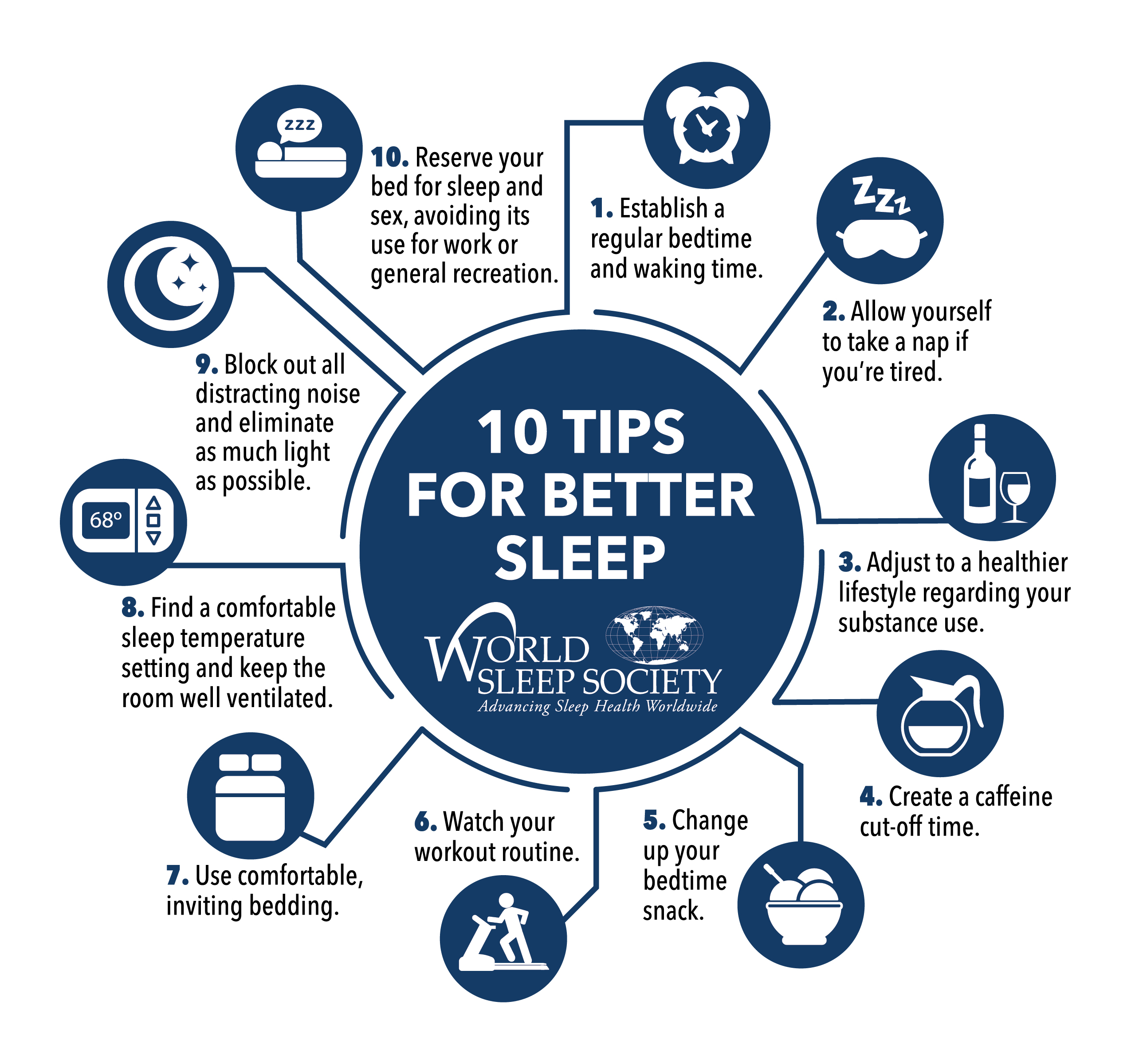Are You One Of The Two Billion People Losing Sleep Over Insomnia?
If your brain isn't already in a complete fuzz, and you're reading this with your last shred of wakefulness, then press on, my insomniac friend. Here are some facts and tips that will help you wake up to the importance of healthy sleep.
The brainchild of the World Sleep Day Committee of the World Sleep Society (a group of healthcare providers and members of the medical community working in and studying the area of sleep medicine and research), World Sleep Day (19 March) was designed to raise awareness of healthy sleep as a human privilege that is often compromised by the habits of modern life.
This year's theme: Regular sleep, healthy future.
Indeed, the COVID-19 pandemic has thrown our body clocks out of whack, what with being thrown into the deep end of work-from-home arrangements (with hardly any warning) and having to deal with the amalgamation of our personal and professional lives in one small space.
A year later, here we are - zombies who are masked up and fed up, and who can't differentiate between Webex and Fedex, Sunday and Monday. Tolong! We can't deal.
The good news? Insomnia is treatable. #Sleep #SleepResearch #WorldSleepDay
Posted by World Sleep Society on Friday, 24 January 2020
Research shared by the World Sleep Society shows that there are nearly two billion people around the world living with insomnia.
If you're one of these sleep-deprived individuals, fret not. Here are 10 ways you can achieve better and healthier sleep, according to the World Sleep Society:
- Establish a regular bedtime and waking time.
- If you are in the habit of taking siestas, do not exceed 45 minutes of daytime sleep.
- Avoid excessive alcohol ingestion 4 hours before bedtime, and do not smoke.
- Avoid caffeine 6 hours before bedtime. This includes coffee, tea and many sodas, as well as chocolate.
- Avoid heavy, spicy, or sugary foods 4 hours before bedtime. A light snack before bed is acceptable.
- Exercise regularly, but not right before bed.
- Use comfortable, inviting bedding.
- Find a comfortable sleep temperature setting and keep the room well ventilated.
- Block out all distracting noise and eliminate as much light as possible.
- Reserve your bed for sleep and sex, avoiding its use for work or general recreation.
And here's a handy illustration that summarises all the points, for you to share with your loved ones:

The beauty of regular sleep
It's quite literal. According to sleep research, individuals getting better quality sleep are perceived to appear more attractive, youthful and alert. In fact, just one night of poor-quality sleep negatively impacts your attention span, memory recall and learning ability.
Furthermore, routine sleep without interruption means lower rates of diabetes and obesity, chronic illnesses, and high blood pressure.
Be sure to read our other pieces on "5 Things You Should Never Do Before Bed" and "6 Tips On How To Power Down Your Brain".
Wishing you restful, regular sleep, and a healthy future!
For the latest updates on Wonderwall.sg, be sure to follow us on Facebook and Instagram. If you have a story idea for us, email us at [email protected].











